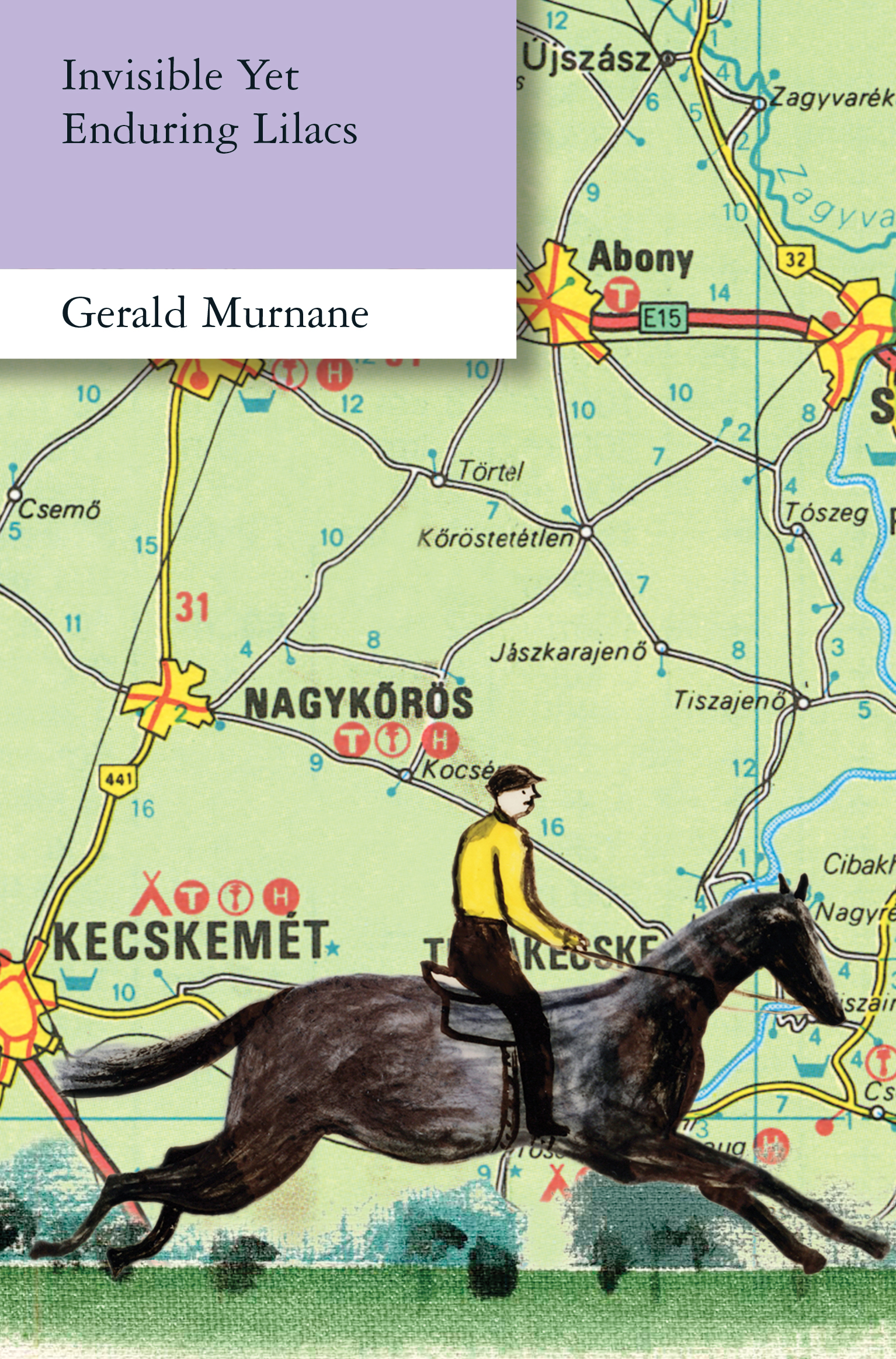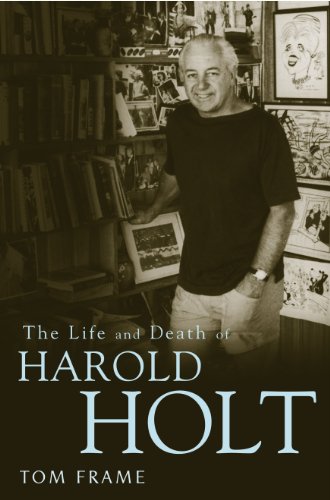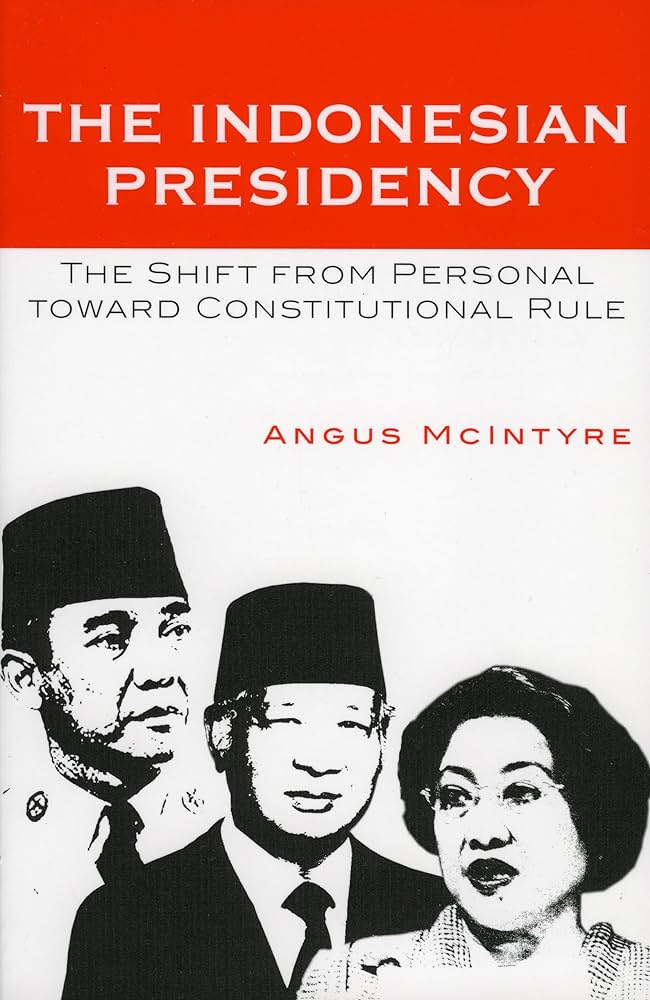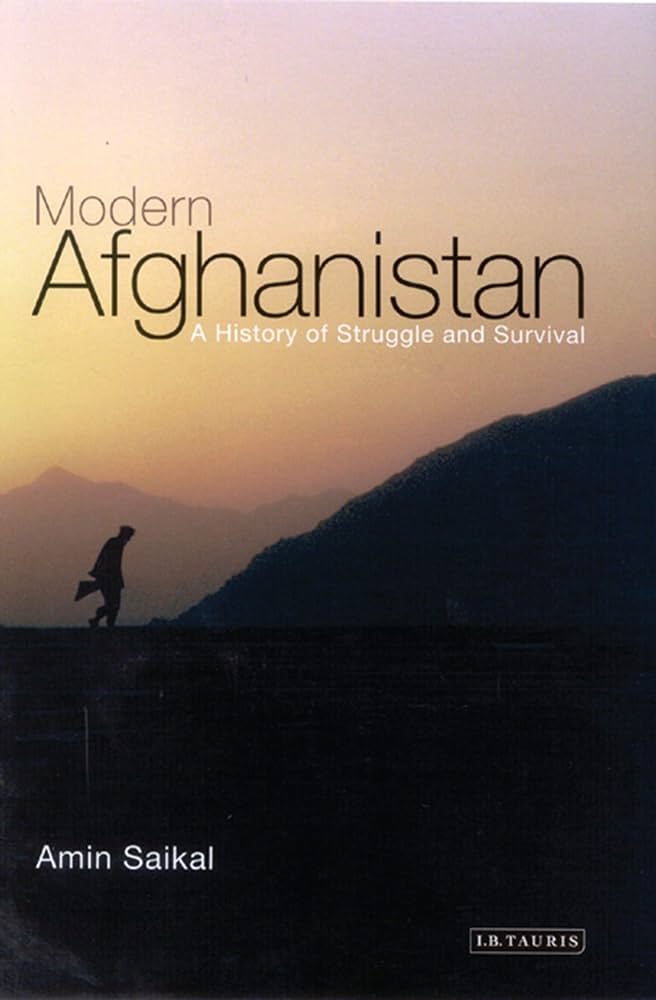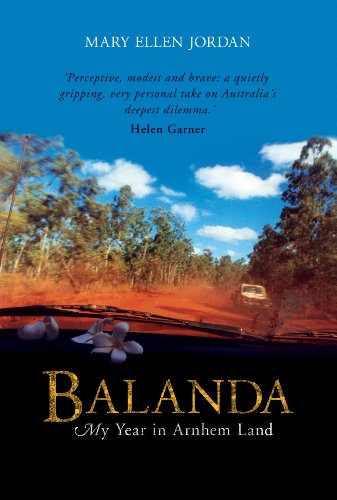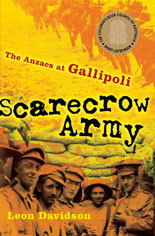Non Fiction
Invisible Yet Enduring Lilacs by Gerald Murnane & Literati by James Phelan
I could always rely on Gerald Murnane for a beautiful quote. Nine years ago, when I was researching a piece on writers and technology, he told me he wrote all his books on a manual typewriter with the index finger of his right hand: ‘My favourite word to type, as a one-finger typist, is “afterwards”,’ Murnane told me over the phone. ‘It’s a beautiful whirly movement with one finger.’ Afterwards, as I transcribed his perfectly weighted sentences, it was clear that Murnane had probably already written the words he spoke to me. ‘I tend to think of words as written things rather than spoken things,’ Murnane writes in ‘The Breathing Author’, one of the more recent pieces in Invisible Yet Enduring Lilacs, his first book in a decade. ‘While I speak, I often visualise my words as being written somewhere at the same time.’
... (read more)Martin Krygier’s deft, discursive prose could persuade anyone except an ironclad ideologue that it is exhilarating as well as healthy to examine one’s prejudices and complacencies. Krygier is also a writer possessed of a frank openness that gives credence to the idea that you can judge a book by its cover. I suspect he’d also enjoy the piquancy of maxim busting. The cover of Civil Passions is a particularly beautiful one: a detail of Ambrogio Lorenzetti’s 1338–40 fresco, the Allegory of Good Government. Its Giottoesque precision and its colour – those luminous Sienese pinks and reds – would be reason enough to use it. But there is a deeper fitness to the choice, and it has to do with what Krygier describes as his destined mode of being: one of hybridity.
... (read more)This is not an airport read; anyone wanting colourful stories about Harold Holt’s private life will have to dig deep. Dr Tom Frame, Anglican Bishop to the Australian Defence Force, has written the first substantial biography of Australia’s seventeenth prime minister, who succeeded Robert Menzies in early 1966 and drowned on 17 December 1967. The Life and Death of Harold Holt, about ten years in the making, is a meticulously researched and scholarly work, and should become an essential reference for anyone interested in Australian politics and history. It wasn’t a commissioned work, but Frame deals with his subject sympathetically.
... (read more)Traumascapes: The power and fate of places transformed by tragedy by Maria Tumarkin
If it is the case that we can no longer avoid the effects of living under conditions of globalisation, then increasingly that spatial dimension governs our lives. Look not, therefore, deep into the history of our individual nations or localities to explain what is going on, but lift your eyes to the horizon, and beyond, where a devastated city may be smouldering. Within minutes, a local politician will be warning us that we may be next.
... (read more)Motherhood: How should we care for our children? by Anne Manne
Anne Manne’s book Motherhood: How Should We Care for Our Children? arguably makes the greatest contribution to the work–family debate in Australia in years. Manne has drawn on a huge range of resources – philosophical, psychological, sociological, economic and political – to create a thesis that shows a way out of the current quagmire of work–family relations.
... (read more)The Indonesian Presidency: The shift from personal toward constitutional rule by Angus McIntyre
So much has been said or written about Indonesia’s political changes since 1998 it might be thought that there was little original that could be added. Then along comes Angus McIntyre with his own particular interpretation of Indonesian politics. McIntyre has long been interested in the psychological make-up of Indonesia’s political leaders and has written some fine papers on the subject, the core of which are in his new book, The Indonesian Presidency: The Shift from Personal toward Constitutional Rule. His approach has been to examine the personalities of dominant individuals as a key explanatory factor in Indonesian politics. As a conceptual counter to Richard Robison and Vedi Hadiz’s recent book, Reorganising Power in Indonesia (2004), McIntyre’s approach similarly begs the question as to whether it is structure or agency that shapes events. In this, McIntyre almost entirely ignores structure, at least beyond the malleable Indonesian constitution.
... (read more)The tragedy of Israel is that it wishes, simultaneously, to be a liberal democratic nation, one whose citizenship is defined by universal norms, and at the same time a Jewish state, where even Palestinians born within the borders of the country are denied full equality. I still remember my unease when I visited Israel many years ago at being asked when I, a secular Jew, intended to ‘come home’.
... (read more)Modern Afghanistan: A history of struggle and survival by Amin Saikal
Modern Afghanistan provides a nuanced understanding of developments in a country that has attracted the attention of academics and analysts for more than two decades. A number of good books have appeared dealing with politics in and around Afghanistan since the early 1980s. Amin Saikal’s recent book benefits from these accounts, but differs in one way: it is an insider’s account, with objectivity instilled by distance and academic training. As an Australian of Afghan origin, and as an expert on the politics of West and Central Asia, he draws upon a wealth of printed, oral, political and sociological research to delve into the creation and problems of Afghanistan.
... (read more)The first time Mary Ellen Jordan’s name appeared in ABR (June 2001), it was followed by a brief, heated exchange. Bruce Pascoe responded to her ‘Letter from Maningrida’ mixing accusations of betrayal with a series of familiar analogies, in a stern warning that this kind of fearless journalism was not wanted. Melissa Mackey moved to Jordan’s defence. She had read courage, not fearless journalism, and, in open frustration, ended her reply by simply asking: ‘then what can we say?’ I read Balanda: My Year in Arnhem Land as part answer, part re-examination of that question.
... (read more)Scarecrow Army by Leon Davidson & Animal Heroes by Anthony Hill
One walks a fine line between patriotism and claptrap when writing about anything to do with war. Especially when writing for young people, one tries to salute the courage of soldiers and to honour the fallen, but also to instil caution in potential young soldiers; to convey that war is hell and that it shows human beings at their worst. Of course, one wants to tell an exciting story, too, with heroes and villains and suspense – with maybe a history lesson or two thrown in. Two of the following books succeed majestically in this task; the third falls far short.
... (read more)

